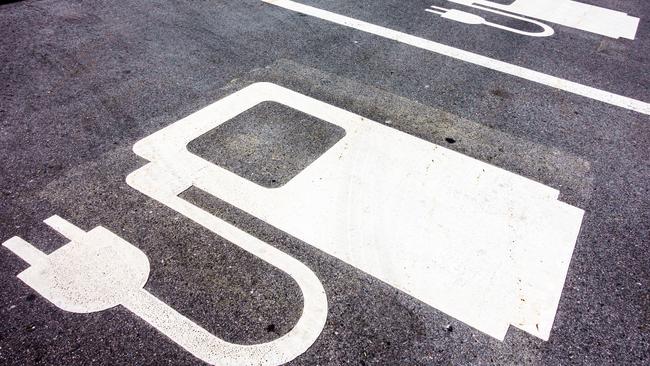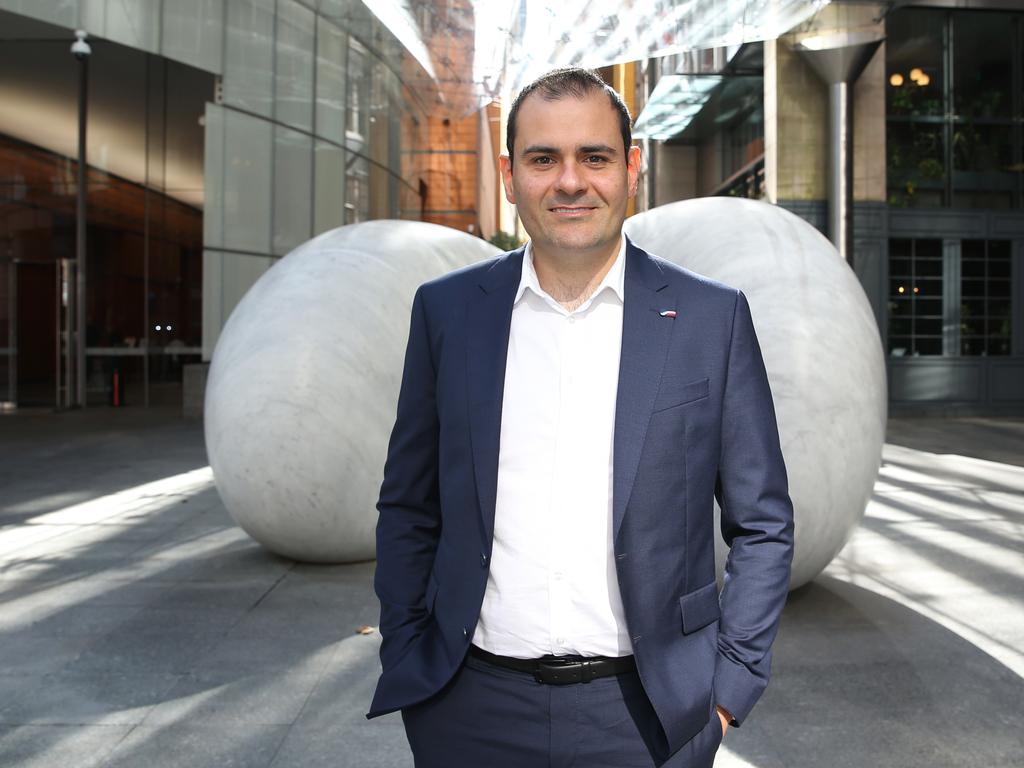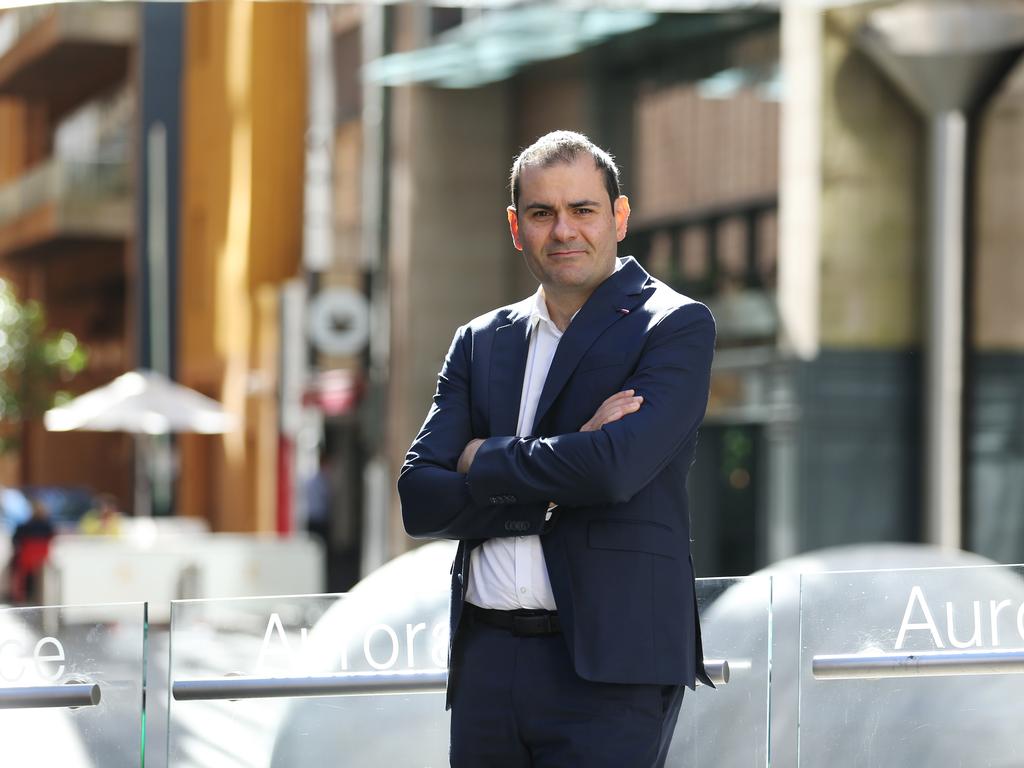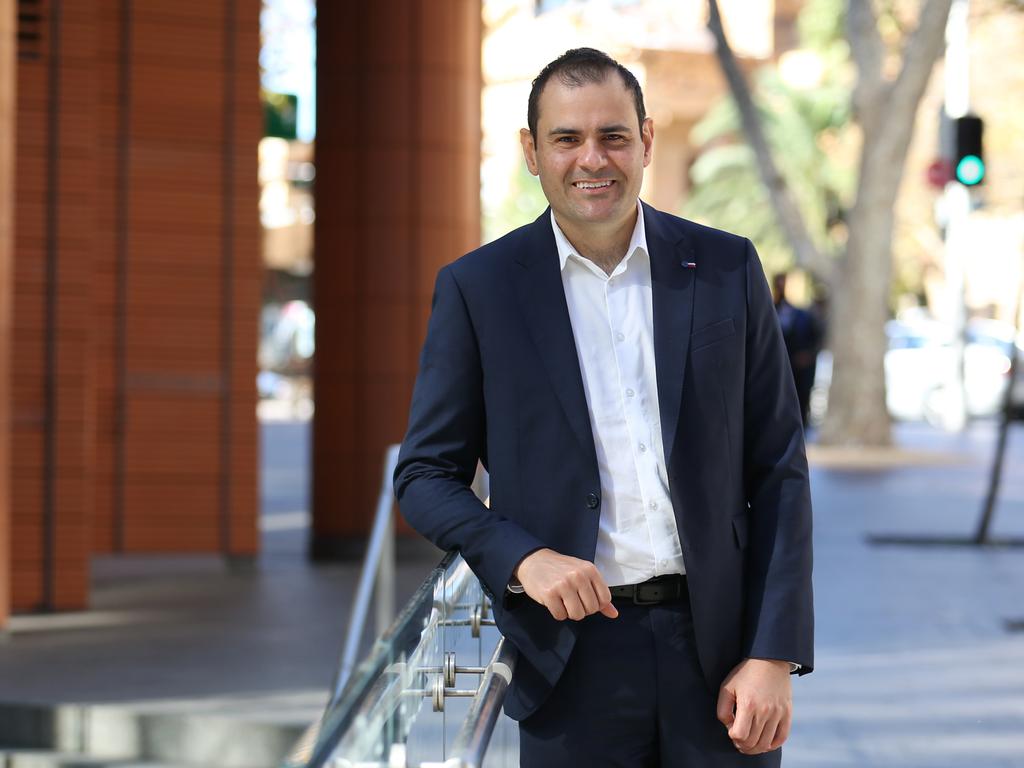Magnis Energy faces battery of questions over investors
Magnis Energy, the ASX-listed batteries player, says it is under ‘an obligation not to disclose’ who is behind a $US243m ($334m) sales agreement.

Magnis Energy, the next-generation batteries player facing ASX questions about the veracity of its order book, says it is “under an obligation not to disclose” the “global” entity behind a $US243m ($334m) sales agreement.
But the company confirmed that Sukh Energy – the legal entity behind the deal, one of the largest struck by its New York-based batteries manufacturing subsidiary Imperium3 – had no revenues and $70,000 in assets.
The Australian reported in September that Sukh, one of six customers to have signed orders worth $885m, had few assets and described itself to Indian regulators as being in the business “of solar-based lighting solutions”.
In response to ASX queries about the matter, Magnis this week confirmed this was the case but added that “the owners of Sukh Energy own a number of companies which collectively have substantial revenues, assets and global operations”.
“Sukh Energy, when considered together with other members of the group of entities owned by the Sukh Energy owners, is an entity of sufficient substance and standing,” Magnis general counsel Julian Rockett wrote to the ASX.
The company, which briefly counted former Macquarie executive Warwick Smith and ex-NSW deputy premier Troy Grant as directors, now claims that revenues from sales to Sukh would rise from $4.7m in 2022 to $117m in 2026, more than 9 per cent of Imperium3’s revenues.
During that period revenues at Imperium3 would rise from $80m to $1.3bn, Magnis claims – the first time it has revealed long-term forecasts for Imperium3. Magnis, which owns about 60 per cent of Imperium3 and 10 per cent of Charge CCCV – the holder of the patented battery technology – this month reported $619,000 in income for the financial year ending June 30.
The most significant contribution was from a $242,755 profit on the sale of fixed assets.
Imperium3’s New York plant was originally scheduled to open by the end of 2019 and produce 15 gigawatts of lithium-ion batteries every year. According to the most recent forecasts, the factory will be complete in 2022 but produce 1.8 gigawatts per year.
When it is operating, Imperium3 will produce next-generation technology based on Charge CCCV patents that could recharge electric cars in just a few minutes without damaging the battery – which would be made without the need to use expensive cobalt and nickel components.
The Australian first raised questions about Sukh Energy and other aspects of the Magnis business in mid-September. Angel He, an ASX listings compliance adviser, wrote to Magnis asking for clarification several days later.
In its response, however, Magnis did not disclose the identity of Sukh Energy’s owners or the names of the broader entity.
“Based on the Company’s understanding … Magnis is confident that Sukh Energy has, or will have at the relevant time, the financial resources necessary to satisfy its obligation under the (Imperium3) off-take agreement,” Mr Rockett wrote.
In response to questions from The Australian, a Magnis spokesman said: “We are under an obligation not to disclose the information you are requesting.”
Magnis had previously declined to name any of the companies who had made the purchase orders, but confirmed that one of those firms was Sukh after The Australian named it as one of Imperium3’s customers.
But documents lodged with Indian regulators – dated March 2020 – show Sukh’s largest shareholders are Dalit Kaur Virdi, 73, and Hardev Singh Virdi, 75, who between them own 85 per cent of the company. According to separate filings in Britain, Sukh Energy is owned by Mr Virdi and Ranveer Singh Virdi, 47.
Mr Virdi, according to documents filed with British regulators, was previously associated with entities named AHN Capital and Sukh Enterprises. Both have been struck off the register, in 2019 and 2017 respectively.
In India, Mr Virdi is the director of two companies – Tagbot Technologies and Monkey Island LNG India. Neither, according to the documents lodged with Indian regulators, appear to have significant assets or revenues.
In his letter, Mr Rockett said Magnis “understands that Sukh Energy have commercial agreements … which are all highlighted on the Sukh Energy website”.
Mr Rockett noted Sukh was a member of the “invite-only” Renewable Energy Association, an entity he described as a think tank run by the British government.
The REA is not run by the government, and can be joined with the payment of a £295 ($550) fee.







To join the conversation, please log in. Don't have an account? Register
Join the conversation, you are commenting as Logout